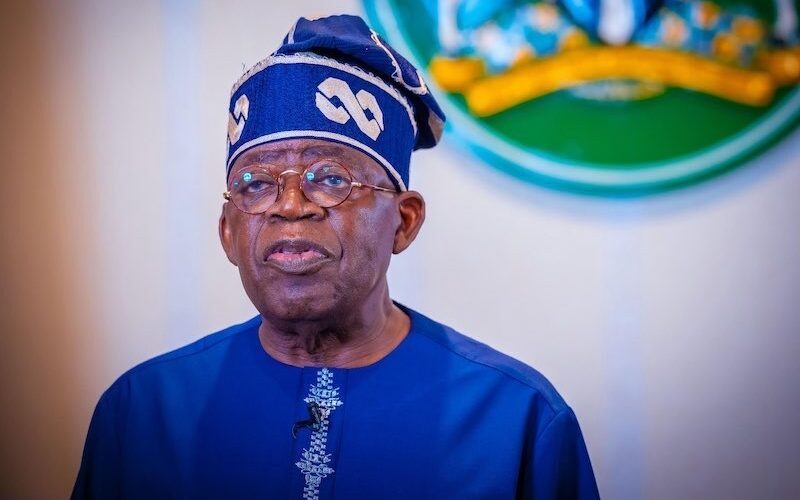Kuni Tyessi in Abuja
As one of the most influential voices on leadership, innovation and governance, former President Olusegun Obasanjo and astute scholar and Founder of the Lumumba Foundation, Prof. Patrick Lumumba, are scheduled to be amongst the speakers at the 2025 leadership conference organized by GOTNI Leadership Centre.
While Obasanjo will be speaking outside of politics and with concentration of business and entrepreneurship, Lumumba will focus on leadership and the need for the transformation of the human mind from the individual perspective.
Addressing the press Sunday on the forthcoming conference scheduled for September 5th and 6th, the convener and CEO of GOTNI Leadership Centre, Dr. Linus Okorie, said if Nigeria must make strategic progress, there must be an effort for leaders to deliberately, on their own, find themselves in rooms where their mindset can be transformed to inspire great results for their institutions.
Disclosing the theme of the conference, which will be centred on ‘Transforming minds, Inspiring results’, Okorie said individuals are expected to take leadership courses seriously because everything rises and falls on leadership.
He noted that the economy of the nation is already going through a challenging situation, with people going through a stretchy moment including leaders who are going through the pains of finding themselves in corners where they don’t want to be, and don’t know what to do.
He said for this reason, if transformation must take place within the system, leaders must continually be raised at the individual level to enable them run their lives, businesses, noting that with this, Nigeria will begin to move towards transformation.
“If Nigeria must make strategic progress, there must be an effort for leaders to deliberately, on their own to always find themselves in rooms where their mindset can be transformed to inspire great results for their institutions.
“Quality of humans that make decisions must have a shift in their mindset, and many times, blame go to politicians and when it’s time to vote, most people including those in business will deliberately support candidates that do not have leadership values die to stomach infrastructure or greed.
“For transformation to take place in our country, leaders must continually be raised at the individual level. Run your life first and succeed. Then run your business and succeed, then a critical mass of the people, then Nigeria will begin to move towards transformation.
“Our world view in this part of the world is that anybody who finds himself in the public service should take from the system. Before you occupy any world position, your world view should be that you are coming to serve systems and the society,” he said.
Other expected speakers include the Head of the EU to Nigeria, Ambassador Gautier Mignot; global business strategist and executive coach, Dr. Corrie Block; Minister of Women Affairs, Iman Sulaiman-Ibrahim.
The post Obasanjo, Lumumba, Others to Speak At 2025 GOTNI Leadership Conference appeared first on THISDAYLIVE.


